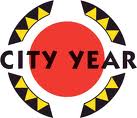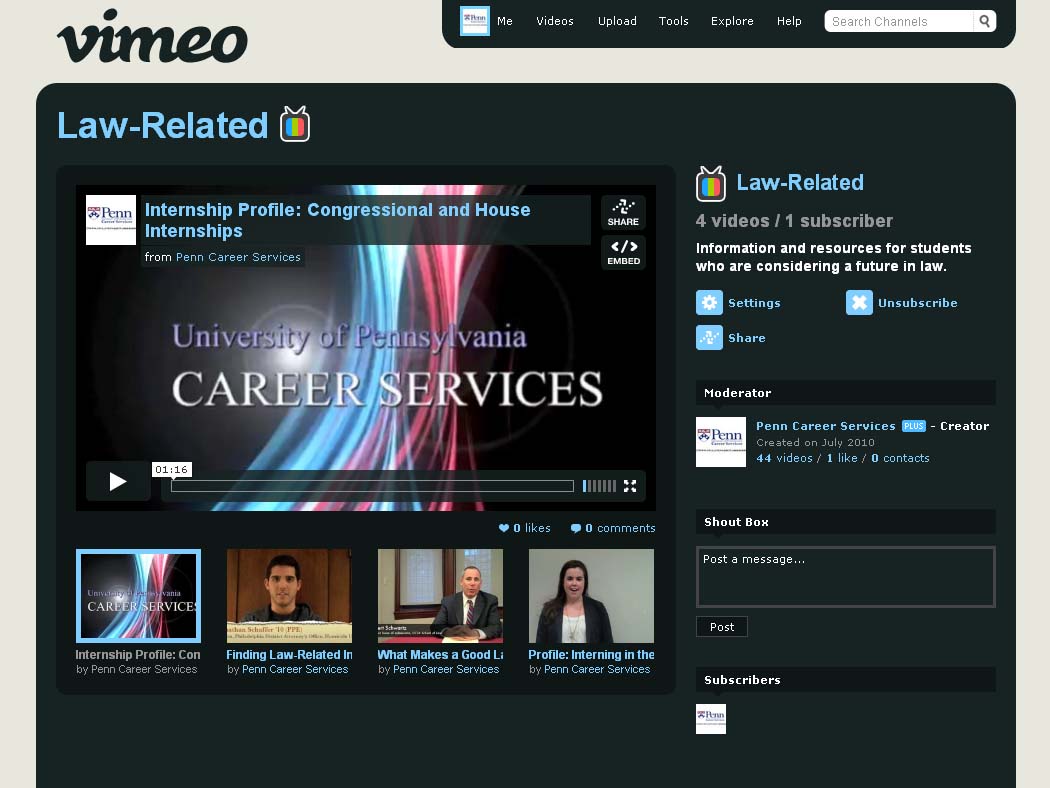by Lindsay Mapes
My academic motivation in high school did not follow me to college. Freshman and sophomore year I struggled through classes, or it’d be more accurate to say I struggled to make it to any class. I didn’t know why I was in college other than my parents (and most everyone else) told me I was supposed to go. Of course I knew eventually I would head to college, either in Elle Woods or Will Hunting fashion, but after graduating high school I just didn’t feel ready. Still, I went because that’s what kids in my town did. The first two years I practically failed out. It was comical that such a smart girl was wasting an expensive academic experience (Right dad? We’ll look back and laugh after the student loans are paid off.)
During the middle of my sophomore year of college I realized before I tried to pass my biology requirement for a third time I needed to take time off to get my priorities straight, to mature and recharge. I didn’t want to go back to Central Jersey and live with my parents and work at the movie theater as I had done during high school, I really wanted to do something. The only thing I still had remaining from high school was my dedication to community service. With help from my mom I searched the internet for international service programs. Unfortunately most programs required I pay them to serve, whereas I needed income, as meager as it might be. I narrowed my search to the states and was fortunate to find out about City Year.
City Year is an AmeriCorps program that unites idealistic 17-24 year olds in a year of powerful service in 20 cities around the country. Volunteers, or corps members as we were called, work at schools in underserved communities tutoring, mentoring, and teaching. Corps members also perform a significant amount of transformational service including working in community gardens or painting murals. Sounds like your typical service program, right?

Well, City Year is a little different. Unfortunately I have to compare it to joining a cult. Instead of Nike Widerunners and a glass of Kool Aid, you received a uniform provided by Timberland consisting of boots, khakis, a team shirt with your sponsors’ names, and a bright red jacket (or yellow in Los Angeles or San Jose as red is a dangerous color to wear because of gang activity in the area). When I served as a corps member in 2002-2003 in Rhode Island we had to meet requirements in order to earn a uniform. Besides completing a certain amount of training and service with our team we had to demonstrate knowledge of City Year physical training exercises and recite various AmeriCorps and City Year creeds.
The physical training, or PT, was CY sanctioned exercises that all new corps members initially looked at as ridiculous (City Year Slap-Happies? Just call them jumping jacks!). PT is very low impact and barely makes you break a sweat (except those who are embarrassed about doing City Year Foot Fires in a public place…and it is always done in public), but is meant to demonstrate discipline, purpose, pride and power. City Year culture is part of what makes the program so successful and so meaningful. Standards were high (a fellow corps member was sent home for not having creased khakis, another written up for chewing gum, and you were required to cross at a crosswalk when the signal read walk even if you were running late), but for a reason. We were a young organization providing critical service in at-risk communities. In order to be taken seriously we needed to present ourselves as disciplined, purposeful, prideful, and powerful young adults.
The culture strengthened our team relations and our ability to lead. Though we were incredibly diverse, we had a common goal, to effectively serve a community in need. City Year gave me so many opportunities to lead my fellow corps members and work with influential community members. City Year also taught me how to communicate. After a long day of working in schools and at after school programs all we wanted to do was go home. Despite that longing our team usually ended up spending another hour constructively and passionately discussing the day’s drama and successes with the children, children’s families, and team members. Some days there was crying about disparities in the community, other days there was venting about corps members. We always left with a resolution or a hug. My team became my family; we supported each other and pushed each other to succeed.
Taking a year off was a difficult decision, especially since my dad thought doing a year of service was tantamount to dropping out of school and joining the circus, but it was certainly one of the most difficult and gratifying experiences I’ve had. My year of service was inspiring and motivating. When I returned to school I took biology for the third time and passed, and I even made the dean’s list numerous times! I became more active in the community and more importantly I cared about what I was learning in school.
It’s summertime, maybe you’re on a beach vacation dreaming about your future or stuck at a boring office internship wondering where your youth went (thoughts can become pretty outrageous after 4 hours in front of Excel), whatever the scenario, if you’re wondering what to do with your life, consider dedicating a year to service. From creating curriculum for elementary school children to participating in round table discussions with political and community figures, my AmeriCorps experience provided me with so many skills that I wouldn’t have gained elsewhere. If working with children doesn’t interest you, AmeriCorps offers many different programs. One example is the National Civilian Conservation Corps, a program that primarily provides transformational service in different regions around the country, which is a great fit for someone who enjoys traveling and has a propensity for manual labor (you’re not going to get pecs pushin’ paper in an office). AmeriCorps programs offer a meager salary (my team and I were on food stamps), but you do receive an education award of about $5000 after your year of service which some schools will even match!
This blog is pretty long and I hope that if you did not read the entire post you at least skipped to the end (though that means you missed the riveting rising action, very exciting climax, and the oh-so-dramatic falling action), where I tell you I loved my AmeriCorps experience and love to talk about it, so don’t hesitate to stop by the office or shoot me an email if you have any questions about AmeriCorps, City Year, or how to tell your parents making $120 a week doing community service is a good idea. However, if you’re looking for insight on biology courses, despite taking it 3 times I can’t help you.










